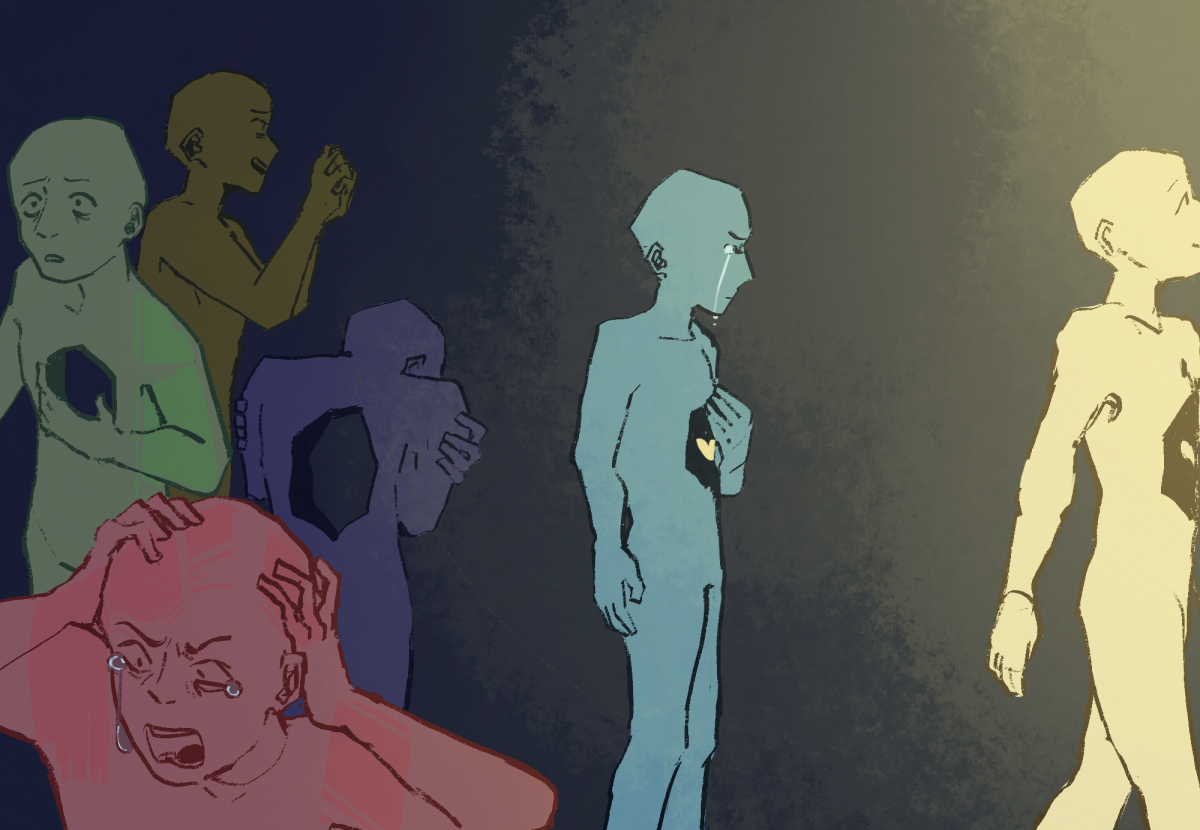By Jared Saaverda / Asst. Opinions Editor

( whitehouse.gov)
By Jared Saaverda / Asst. Opinions Editor
Well, health care reform has passed, and there is a greater cost to breathing. On March 21 the House of Representatives passed the famous $940 billion dollar healthcare bill, much publicized and televised.
The bill’s goal is to cover the health insurance needs of about 32 million people.
Its 2,400 pages enumerate the methods of doing so. Most measures go into effect 2013.
First, the bill is meant to reform the health insurance market. For example, insurance companies cannot deny coverage for preexisting medical conditions. Is there any incentive to staying healthy?
Moreover, the bill grants Congress the authority to direct health insurance companies’ earnings.
Second, the bill includes many fines. Individuals are now mandated to purchase health insurance, a mandate backed by a fine equal to 2.5 percent of income. Even Chuck Norris will face a fine if he doesn‘t have health insurance; there’s something frightening there.
On plans exceeding $10,200 for individuals and over $27,000 for families, there will be a tax.
There will also be a tax on medical supplies, including a 10 percent tax on those tanning salons (those stores between the sushi restaurant and the Starbucks).
For some, perchance. For low-income families, there will be federal subsidies to help pay for insurance. Technically, it will simply be more available.
But is this truly reform? Is it true progression in the health care system?
That first prompts the definition of progress. Of course, it’s the opposite of regress, but that is only a word game.
To first have progress, there must be “change,” a sort of neutral term, repeated constantly in the 2008 presidential election.
But progress is partiality to the change. Likewise, if it is regression, the person will not be any benefit in this bill.
It seems that in the classroom, there is a certain philosophy of change. Colleges bring up “bright new students” to elicit change in the workplace, in the government, education, society, etc. And that’s a good thing, but the change should be called progression.
There are some things that need change, and there are some things that should stay the same. Health care might be in between.
Although mentioning cost has been viewed as an impediment to change, disregarding it completely is just as unproductive.
As anybody who owns a TV and a couch knows, any change would be different, but not beneficial.
Would this sort of desperation cultivate anything beneficial on a national scale?
To call change “progression,” there is the question of gain; will a given person gain something more from this newborn health care bill?
Because those under 26 will be able to be on their parent’s health insurance, of course college students will see this as beneficial.
Yet this also reaffirms the stereotype that college students want the easy way. And it seems odd that 54 percent of adults over 50 are opposed to the bill.
What if “progression” is truly the more difficult way? Easiness is, well, the proverbial easy answer.
What if progression is actually regression in disguise? It would depend on the perspective.
Movement downward and upward, according to Einstein, depends on the observer.
The constitutionality of the bill was attacked almost immediately after it was passed.
Specifically, the Tenth Amendment is cited. Even health care’s possible foil, car insurance, is mandated by states, and so should health care.
If health care is now recognized as a right, there should be a better way to “fix” it without impeding on another right.
If not proven unconstitutional, it remains controversial.
If it is truly a mission to embark from archaic systems, it sounds like a dangerous voyage.
Some may want to see how it affects them when most measures take effect in three years—to taste the tea before it’s thrown off the ship.
If leaving the shores looking for new land is deemed progress, fateful regardless will be the day that the coastline disappears.






